economic inclusion is key to bridging gaps
When it comes to economic policymaking, the precision of our solutions must match the precision of the harms that were initially inflicted. For generations, economic decisions across Minneapolis and the country were designed with the purpose of excluding communities of color from the benefits of public investment. The unequal economic effects of last year’s civil unrest and of COVID-19, both of which hit Black, Indigenous, and people of color (BIPOC) groups and immigrants especially hard, underscored the need to center equity and inclusion in the City’s recovery work.
To address racial disparities in income, wealth, and employment, Mayor Frey has launched new targeted investment and development policies that prioritize small business owners and workers of color. As the City continues working to recover from the pandemic and subsequent economic downturn, the mayor has consistently directed funding to help first those who have been impacted most.
Supporting bipoc businesses
Economic inclusion starts with business owners and their employees – especially small businesses rooted in their communities. Mayor Frey has focused special attention on serving BIPOC-owned businesses by:
Launching the City’s Commercial Property Development Fund to promote BIPOC ownership and prevent displacement by providing capital for small businesses and developers in historically disinvested areas of Minneapolis, and strengthening the new fund with $18 million in investment since its creation.
Designating seven cultural districts in consultation with community groups to direct funding and resources to historically underserved neighborhoods. Mayor Frey recently allocated $2.5 million to support everything from grants for facade improvements to internal building renovations.
Building a resilient workplace
Equity starts with access to resources and opportunity. Mayor Frey’s administration has worked with trusted community partners and employers to ensure more people in our city have access to training, education, and high-demand jobs.
Mayor Frey has doubled down on the City’s successful MSP TechHire program, which provides scholarships to support low-income Minneapolis residents seeking a career in our growing tech industry. Through the initiative, the City partners with employers from across Minneapolis and has effectively increased the talent pool for local businesses. On average, TechHire participants have seen a wage increase of $16,000, annually. In a tech industry that is woefully unrepresentative of our communities nationally, TechHire graduates are 30 percent people of color and 40 percent women.
Under the mayor’s leadership, the City is collaborating with the Minnesota Career Center and Summit Academy OIC to provide hands-on instruction and experience in energy-efficient equipment installations to trainees from the Minnesota Career Center and Summit Academy OIC.
As part of his initial federal relief spending proposal, Mayor Frey allocated new funding to expand the City’s workforce ambassador program. Ambassadors are dedicated to helping residents secure important job skill training assistance and breaking down barriers to access in Minneapolis neighborhoods with lower workforce participation rates.
Investing in Green Business development
Everyday we must seize the opportunity to tackle climate change, grow our economy, and invest in inclusive outcomes. Mayor Frey has developed innovative new policies to further environmental justice and partner with community to take local climate action.
Last year, Mayor Frey put Minneapolis on a path to becoming the first Minnesota locality to officially adopt a Social Cost of Carbon (SCC) – an approach to budgeting that takes into account the real world financial consequences of climate change and the financial benefit of reducing emissions. Under the City’s plan, the SCC is set at $42.46 per ton and the mayor’s 2022 budget includes funding to operationalize the City's use of a SCC and carbon pricing.
Mayor Frey established a new funding stream supported by fees imposed on polluters in Minneapolis that support the City’s Green Cost Share program. The program has already helped offset the Carbon Dioxide emissions of over 8,000 passenger vehicles, saved enough energy to power 3,700 average Minnesota homes annually, and generated an estimated $60 million in lifetime energy savings.
Building on the success of the Green Business Cost Share program, Mayor Frey launched a new initiative, tailored to supporting small businesses recovering from 2020, Rebuild Resilient in November 2020. Under Rebuild Resilient, small business owners are eligible for up to $40,000 to make energy efficiency upgrades, and the initial $1.2 million invested in Rebuild Resilient has already helped dozens of small businesses damaged during civil unrest small businesses invest in cost-saving infrastructure like solar panels and is projected to generate millions in savings city-wide.
In 2019, Mayor Frey worked with the Minneapolis Foundation and the McKnight Foundation to establish a new fund that supports local action on climate change and racial equity. The Minneapolis Climate Action and Racial Equity Fund has provided over $300,000 in funding to local organizations that are doing innovative work throughout the city, particularly in diverse, low-income neighborhoods where residents are often disproportionately affected by climate change.
